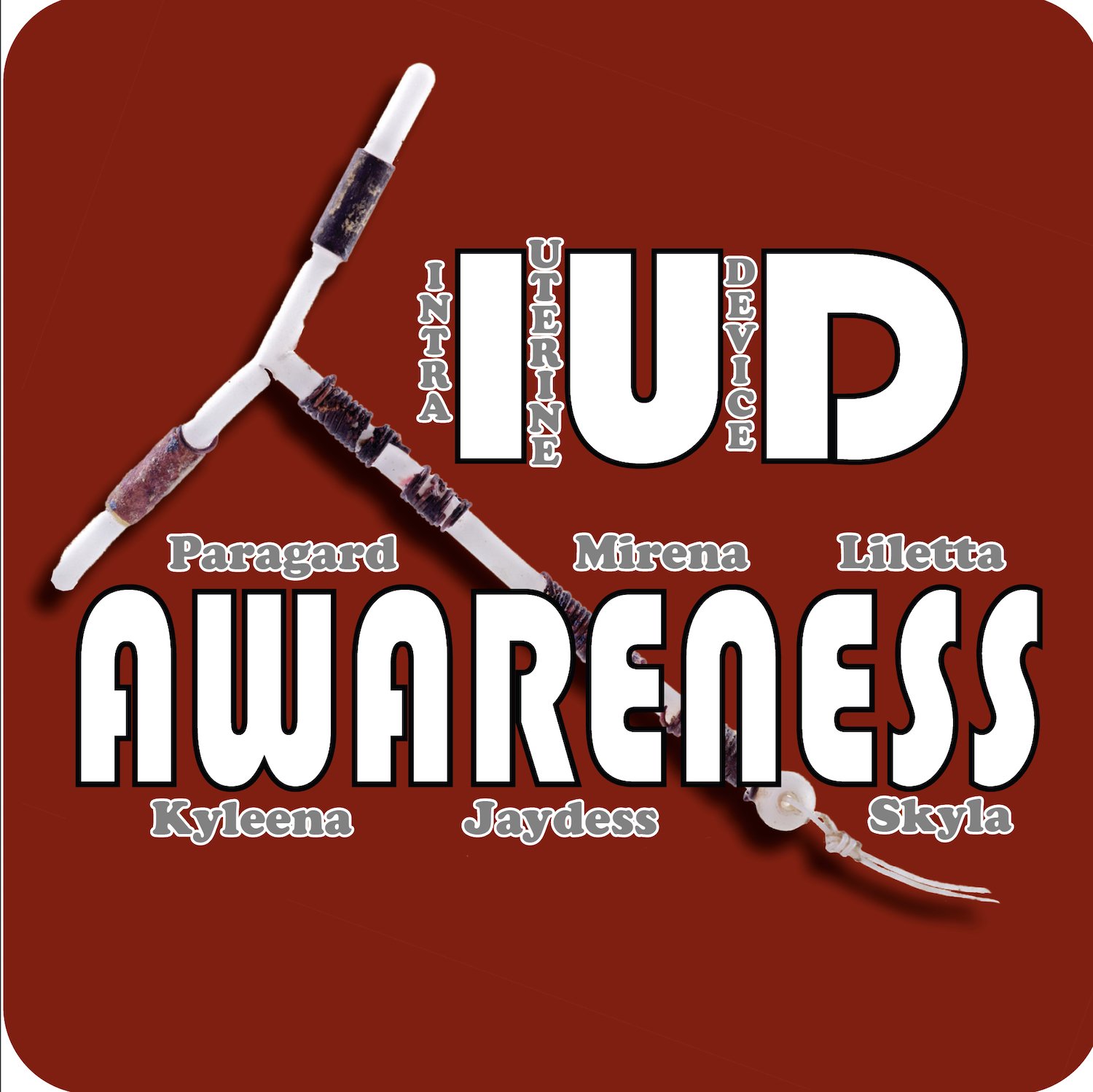9 Mirena Side Effects You Should Know About
/By Charlotte Hilton Andersen and Emilia Benton
Oct 13, 2020 - Women’s Health
“"What side effects you experience really depends on how sensitive you are to man-made or synthetic progesterone hormones and that will be different from woman to woman," adds Ross.
Here’s what to look out for:
1 - You might no longer get your period.In most cases, your period will become significantly lighter and shorter; for 20 percent of women, it will disappear all together. "The Mirena was designed to give you a lighter or non-existent period, which is a welcomed side effect for many women," Dr. Ross says. In fact, doctors often use the Mirena to treat women with irregular and heavy periods or conditions like endometriosis, she adds.
2 - Your period might get longer.
A small percentage of women using the Mirena have persistent irregular bleeding or spotting, Dr. Ross says. It's normal to have some bleeding and cramping in the week after insertion, and spotting for up to three months afterward as your body adjusts to the hormone, but if the bleeding lasts longer than three to six months, you need to see your doctor and discuss getting it removed, she says.
3 - You may have nausea.
Nausea or an upset stomach is a commonly reported side effect of all types of hormonal birth control, including Mirena. However, an IUD like Mirena is the best of the hormonal options for women with sensitive tummies. Because of its location in the cervix, it bypasses the stomach all together, unlike a pill you have to swallow or an injection that goes through your blood stream, Dr. Ross says
4 - You may develop cysts on your ovaries.
The Mirena causes about 12 percent of women to grow one or more ovarian cysts, sometimes called enlarged follicles. These cysts normally go away on their own, and you likely won't even know they are there. But in rare cases, they can cause pain or require surgery. If you feel sharp pains that last more than a few hours or increasing pain on either side of your abdomen, give your doc a call, Dr. Ross says.
5 - The Mirena might fall out (in rare situations!).
This may be due to improper placement of the Mirena, pregnancy, or something (like a menstrual cup) accidentally dislodging it, according to the manufacturer. "Symptoms of partial or complete expulsion may include bleeding, pain, and an increase in menstrual flow," they write.
Side note: It is also possible for the Mirena to "migrate" to places it shouldn't be or become embedded in the uterus or other tissues. "If this occurs, Mirena may be replaced within seven days of a menstrual period after pregnancy has been ruled out. If you think that Mirena has come out, use a back-up form of birth control such as condoms and spermicide and call your healthcare provider," the Mirena website instructs.
6 - You may experience mood changes.
Mess with your hormones, and you have the potential to mess with your mood, Dr. Ross says. How exactly the Mirena changes your mood, and how intensely you feel the change, depends on your unique body chemistry.
Some women report feeling more even and stable while others report an increase in depression and anxiety, she says. If you're unsure how you'll be affected, it's worth it to keep careful notes after the insertion, tracking your mood. Talk to your doctor if you feel like it's hurting your mental health, she says.
7 - You are at an increased risk of infection.
All IUDs, including the Mirena, up your risk for bacterial vaginosis, an infection characterized by a "fishy" or bad smell, says Richard K. Krauss, M.D., chair of gynecology department at Aria Health. You may also have discolored discharge and pelvic pain. These symptoms warrant a call to your doc ASAP before the infection spreads. The infection can be treated with a course of antibiotics.
8 - You may experience bloating.
While it's not listed on the official side effects, lower-belly bloating is a relatively common complaint that Dr. Ross hears. This may be because of progesterone's natural muscle-relaxing properties, making your gut a bit slower. On its own, this isn't much to worry about. But if you experience a lot of pain with it or severe constipation, call your doc, she adds.
9 - You may develop cramping.
One of the most commonly reported side effects of the Mirena are intense cramps, particularly in the month after insertion. However, these should lessen considerably as your body adjusts, Krauss says. In fact, over time the Mirena can actually reduce the pain and cramping you used to experience with your periods, he adds. If yours get worse or lasts more than a month, it's time to check in with your doctor to make sure it hasn't moved or become displaced.”


